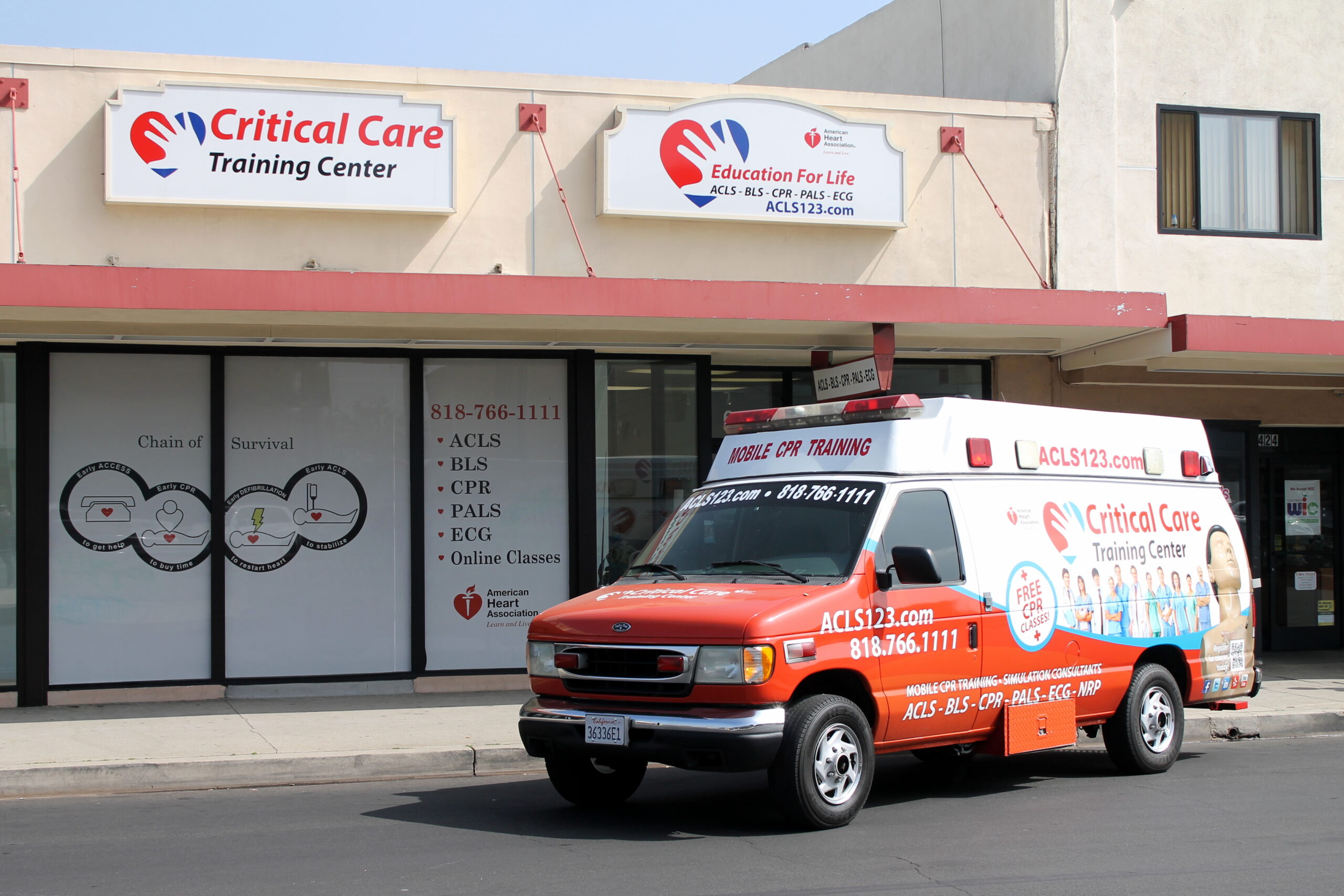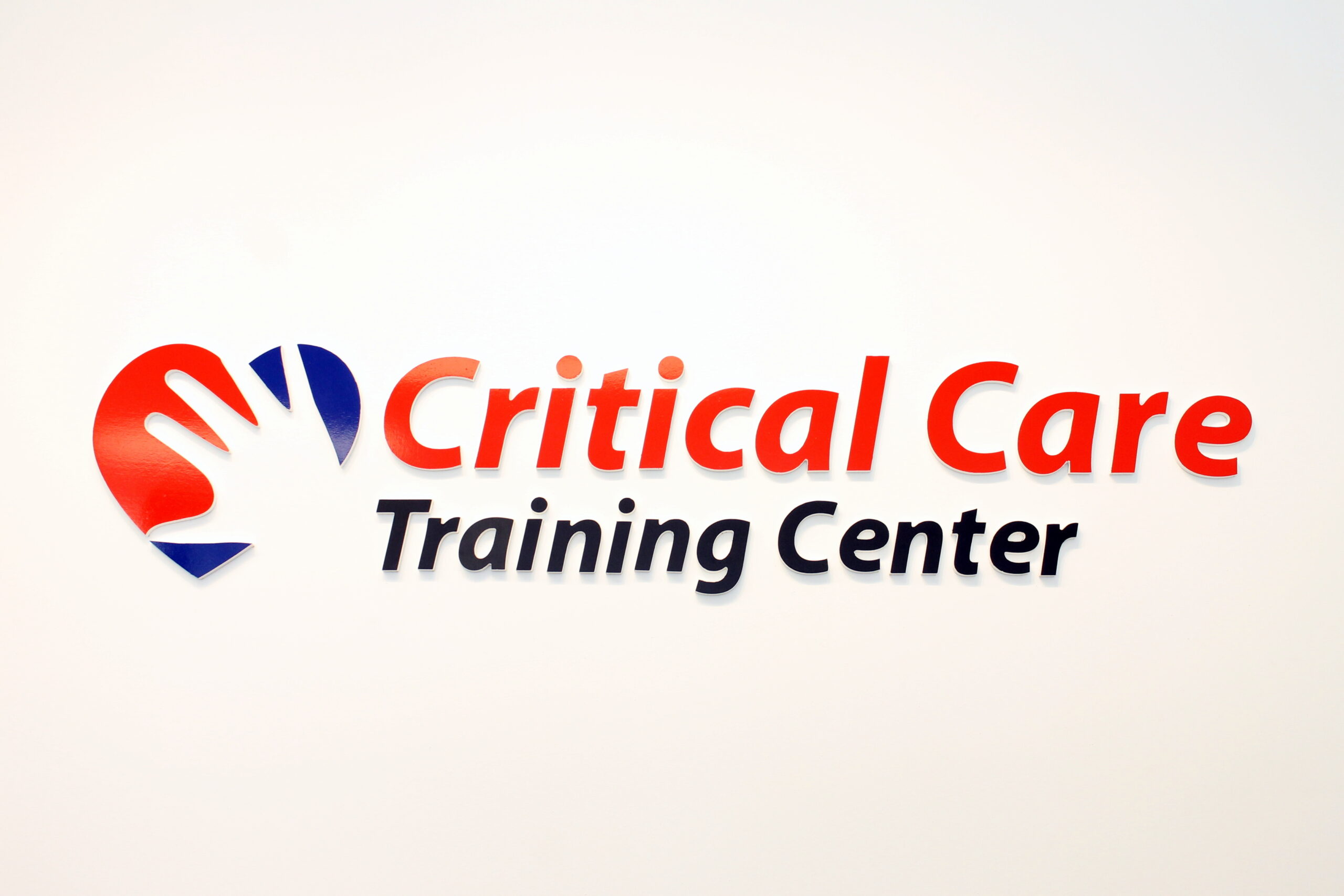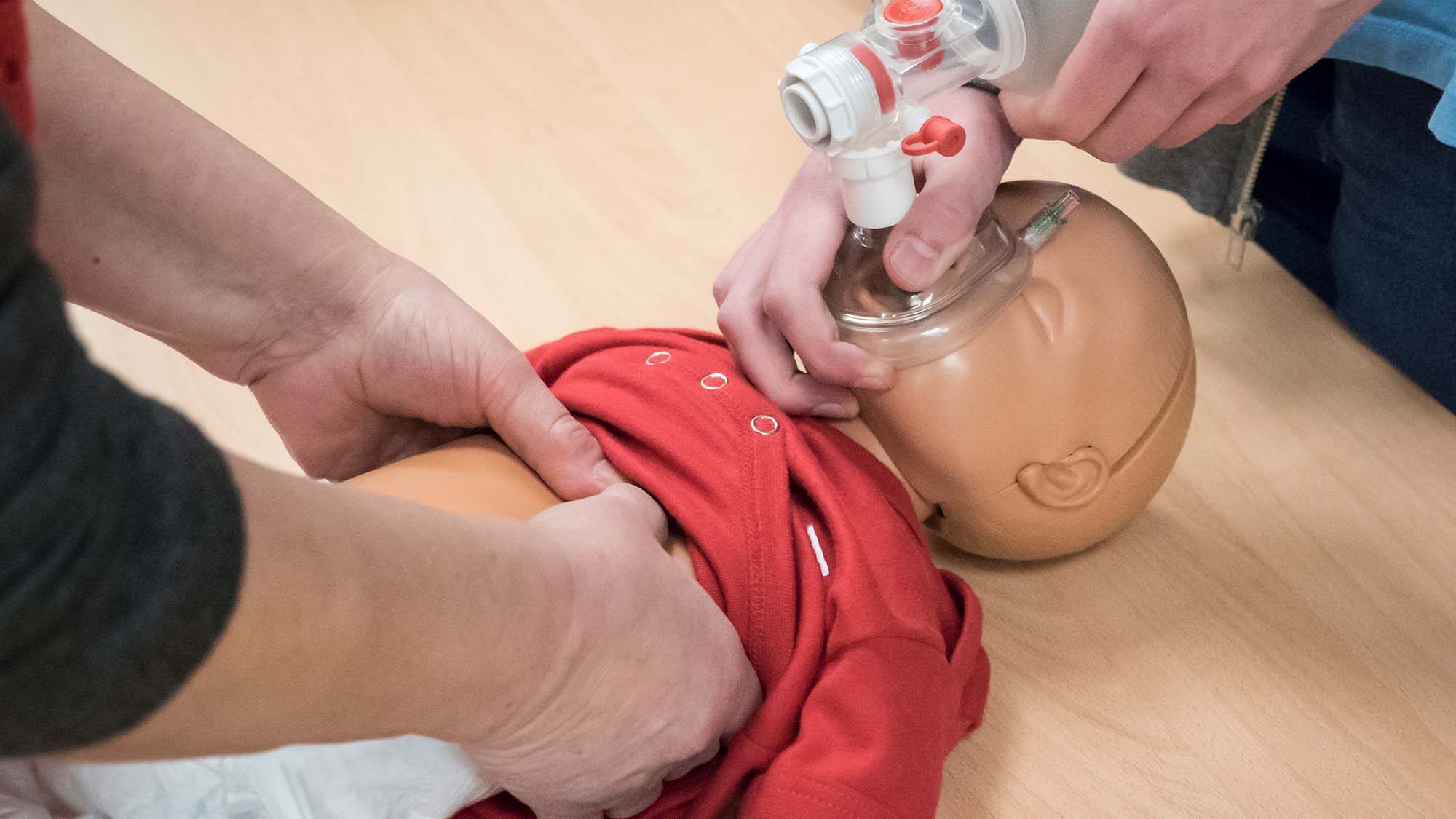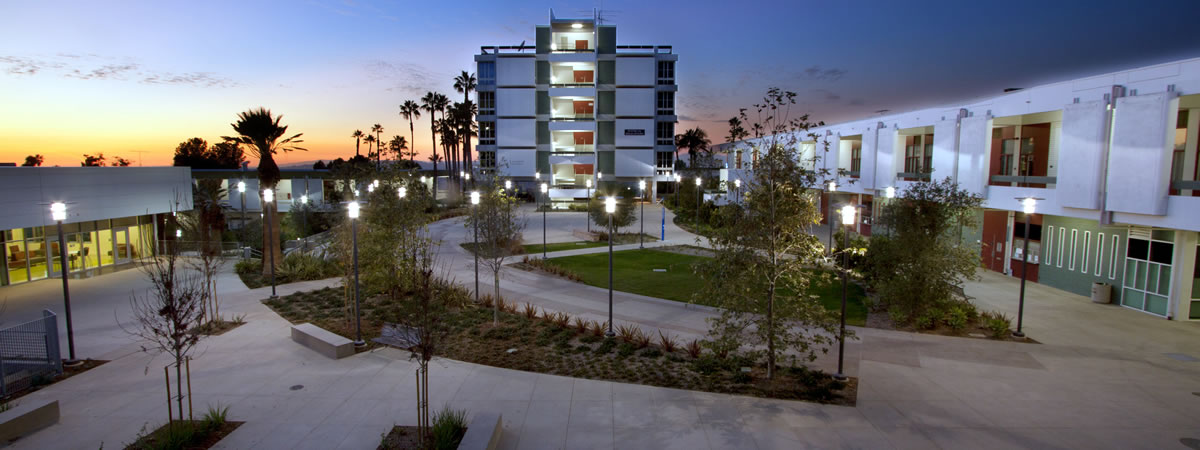Essay by: ISP093
The availability of automated external defibrillators (AEDs) in public areas is essential to increasing the likelihood of survival after cardiac arrest from shockable rhythms. Pulseless ventricular tachycardia and ventricular fibrillation are abnormal cardiac rates and rhythms affecting blood flow in the body. These rhythms necessitate the prompt delivery of an electrical shock to normalize the rhythm, improve circulation, and decrease mortality. Delivering a shock is the only intervention to correct these underlying, shockable rhythms. In these cases of cardiac arrest, an individual trained in cardiopulmonary resuscitation (CPR) is limited in the extent of help provided when an AED is not available. In urban areas, bus stop and park locations are potentially densely populated during weekday rush hour and weekend leisurely outings, respectively. In rural areas, bus stop and park locations are potentially populated during school commutes and family gatherings, respectively.
In 2013, the American Heart Association (AHA) updated their heart disease and stroke statistics to communicate 23% of cardiac arrests originating in the community are shockable rhythms. As previously stated, without an AED, cardiopulmonary resuscitative efforts are extremely limited in helping almost a quarter of all community cardiac arrests. Only an AED is able to determine a shockable cardiac rhythm by analyzing the electrical activity of the heart. The AED prompts the individual trained in CPR to deliver a shock or continue with high quality chest compressions. Without an AED, an individual is only assisting circulation without correcting the problem, which in these cases is the abnormal frequency and quality of pumping of the heart.
Public locations are the best places for AEDs because it will increase availability of this invaluable resource to CPR trained individuals. Bus stop and park locations are great public areas for installation. Bus stops and parks are visited by various individuals with diverse backgrounds and skill sets. Bus drivers, bystanders, and city workers are amongst the few individuals included in this vast group of people. These individuals, if trained in CPR, will be better able to assist a witnessed or unwitnessed collapse in the community. Every delay in treatment decreases a person’s chance of survival due to the compromise in blood flow to vital organs, including the brain. There will be a reduction in the amount of time spent locating AEDs when increasing their proximity to densely populated areas such as bus stops and parks, thus reducing the delay in treatment for shockable cardiac arrests. Placing additional AEDs in public areas will help increase an individual’s chance of survival from a life-threatening emergency.
A valid comparison can be made between the availability of AEDs and the availability of fire hydrants. Firefighters are dependent on their resources to extinguish fires. A hydrant assists the firefighter by providing access to a water source. Without a fire hydrant, firefighters are limited to the resources on their fire trucks. A CPR trained individual is dependent on an AED to reverse shockable rhythms. As mentioned, AEDs assist a CPR trained individual in the delivery of an electrical shock or in advising the continuation of chest compressions. Without the AED, resuscitative efforts are limited to supportive attempts to maintain circulatory flow. In continuing with the comparison, AEDs should be as accessible to CPR trained individuals as fire hydrants are for firefighters. Almost a quarter of individuals affected by cardiac arrests in the community are dependent on the availability of AEDs and it is important for them to be helped. This form of assistance may be placing AEDs in public areas such as bus stops and parks.









